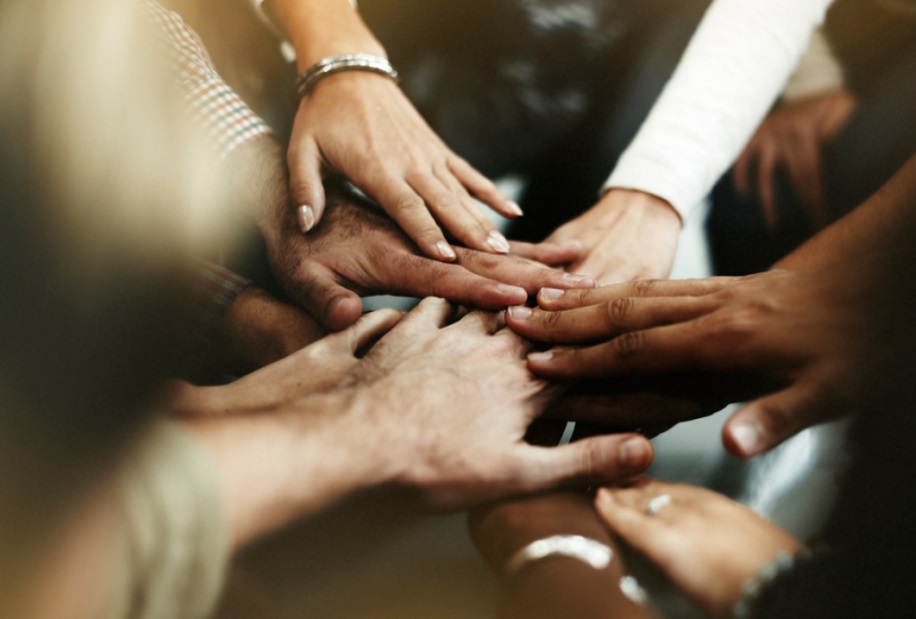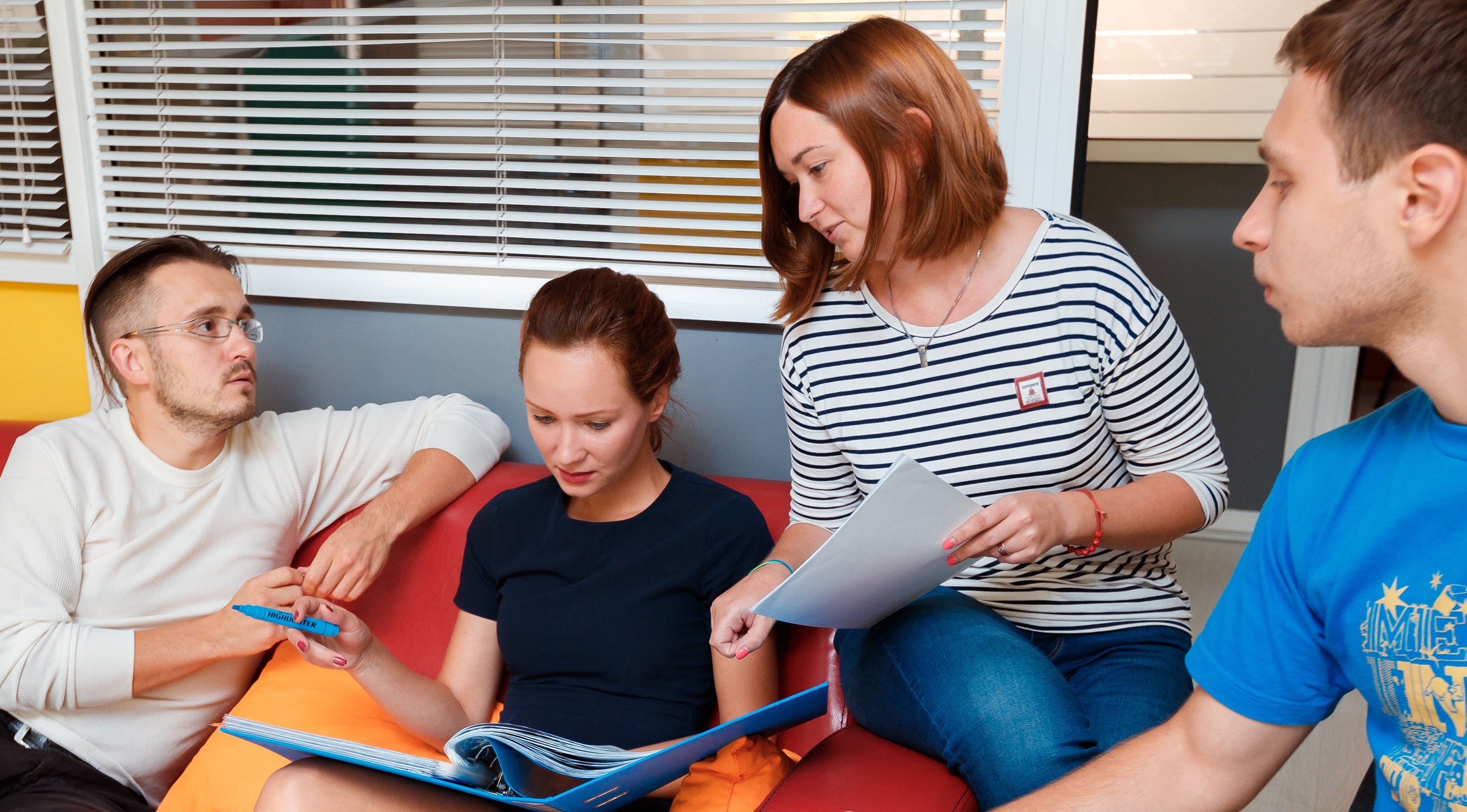
In a world often marked by divisions, peacebuilding starts at the community level, with a focus on inclusivity, equality, and social justice. A culture of peace is nurtured through collective action that strengthens social services, empowers vulnerable groups, and promotes understanding despite differences. By addressing socioeconomic inequalities and ensuring access to essential services, we lay the foundations for lasting peace.
Social services play a crucial role in strengthening community bonds. By supporting the most vulnerable groups, they not only ease daily life but also reduce disparities, fostering cooperation and unity. A society that cares for its members strengthens its own foundations.
One example of an approach to strengthening peace and trust within a community can be seen in the project "Sustaining peace and social cohesion in Bosnia and Herzegovina through enhanced inter-municipal and inter-entity cooperation on local services (SPSC)", which is being implemented in nine local communities in Bosnia and Herzegovina. Strengthening the role of social services in Livno, as one of the partner communities, has been achieved through the equipping of the Center for Social Welfare.
The Center for Social Welfare in Livno is vital in providing services to more than 2,000 users annually. However, the equipment in the Center was not sufficient to meet the community's needs. With the support of the SPSC project, the Center was equipped with new furnishings, enabling more efficient provision of services to users, while also strengthening the role of this institution in promoting stability in the local community.
Additionally in the upcoming period, infrastructural works will be carried out on the adaptation of 74 pedestrian crossings adapted for people with disabilities in Livno. This initiative, which is being implemented as part of the SPSC project, recognizes the need for accessibility for 7.5% of the population with mobility issues, creating a more inclusive environment and allowing equal participation in social life for all members of the community.
“As a psychologist at the Center, I primarily work with children, applying various interventions, including diagnostics, interviews and assessing their needs - particularly in divorce proceedings. Unfortunately, children often arrive with a sense of discomfort, as they subconsciously anticipate questioning or specific tasks. This feeling is further exacerbated by parents, who sometimes use the visit to the Center as a means of intimidation or suggestion. This approach makes an already challenging experience even more difficult for the children. Therefore, creating a welcoming and comfortable environment significantly helps reduce their discomfort and allows them to adjust to the situation easily. That's why we are especially grateful for this kind of intervention that will contribute both visually and functionally. On the other hand, providing access for people with disabilities, enabling them to meet their needs without physical limitations or reliance on others, is invaluable." said Cvita Stupar-Ljubas, psychologist at Center for Social Welfare in Livno
By improving social services and infrastructure, the foundations for a more peaceful and fairer future are being established. By addressing inequality and creating a space where all individuals can thrive, a culture of peace, trust and social cohesion, based on cooperation, inclusiveness and shared prosperity is being built. Collective action is the most important tool in achieving this goal. The transformation of communities and the creation of a lasting legacy of peace become possible through joint effort and engagement.
SPSC is funded by the UN Secretary General’s Peacebuilding Fund (PBF) and implemented by the International Organization for Migration (IOM) and United Nations Development Programme (UNDP) on behalf of the United Nations in Bosnia and Herzegovina.

 Locations
Locations





















